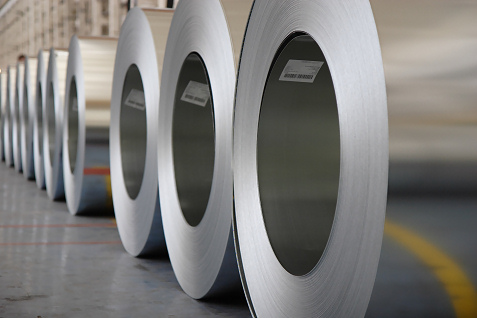This is big news, and frankly it’s nice to see a company like Apple put its excess billions to use here in the United States.
Apple CEO Tim Cook says the company will produce one of its existing lines of Mac computers in the United States next year.
Cook made the comments in part of an interview taped for NBC’s “Rock Center,” but aired Thursday morning on “Today” and posted on the network’s website.
In a separate interview with Bloomberg Businessweek, he said that the company will spend $100 million in 2013 to move production of the line to the U.S. from China.
“This doesn’t mean that Apple will do it ourselves, but we’ll be working with people and we’ll be investing our money,” Cook told Bloomberg.
Here’s more context about why so much manufacturing has been done in China.
Cook said in his interview with NBC that companies like Apple chose to produce their products in places like China, not because of the lower costs associated with it, but because the manufacturing skills required just aren’t present in the U.S. anymore.
He added that the consumer electronics world has never really had a big production presence in the U.S. As a result, it’s really more about starting production in the U.S. than bringing it back.
There has been a trend in bringing some manufacturing back from China to the US. But this is big as it relates to technology manufacturing from a tech giant like Apple. Of course Apple has had to deal with Foxconn problems, so that may be driving this, along with the huge PR push Apple will get. But this move could help spur a new tech manufacturing hub, that would be great for the US and for Apple as well.



